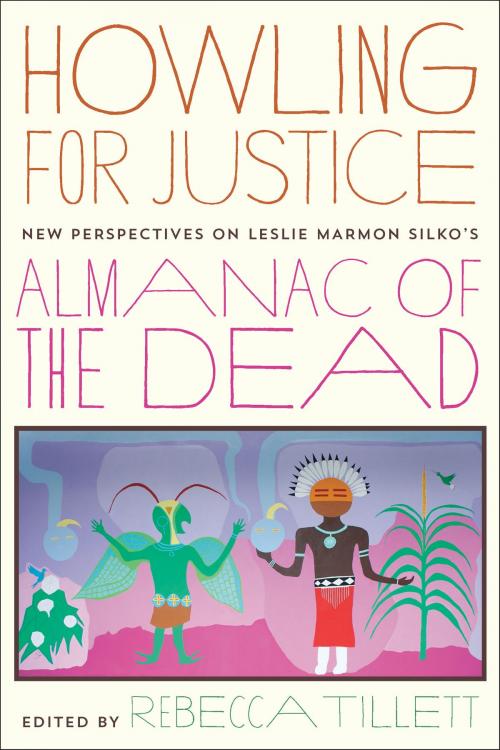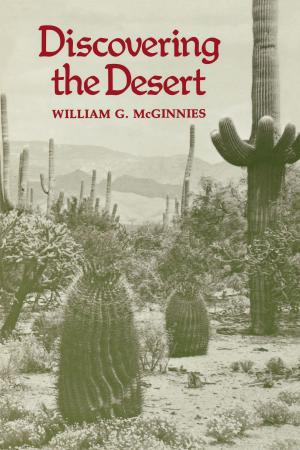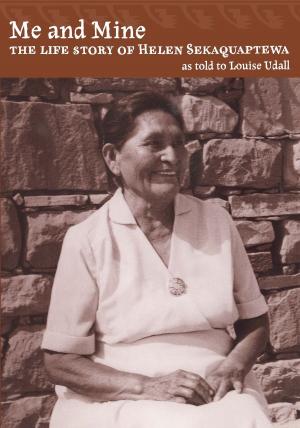Howling for Justice
New Perspectives on Leslie Marmon Silko’s Almanac of the Dead
Fiction & Literature, Literary Theory & Criticism, Native American, Nonfiction, Social & Cultural Studies, Social Science, Cultural Studies, Native American Studies| Author: | ISBN: | 9780816598595 | |
| Publisher: | University of Arizona Press | Publication: | November 27, 2014 |
| Imprint: | University of Arizona Press | Language: | English |
| Author: | |
| ISBN: | 9780816598595 |
| Publisher: | University of Arizona Press |
| Publication: | November 27, 2014 |
| Imprint: | University of Arizona Press |
| Language: | English |
More than twenty years after its publication in 1991, Leslie Marmon Silko’s monumental novel Almanac of the Dead continues to disconcert, move, provoke, and outrage readers. In a work that is overtly and often uncomfortably political, Silko’s overflowing cast of characters includes representatives from a range of cultures and communities who are united by common experiences of dispossession, disenfranchisement, exploitation, and poverty. Clearly, Silko’s depiction of a social uprising that draws together the indigenous People’s Army of the Americas and the American Army of the Homeless triggered—and was designed to trigger—a range of reactions among readers and critics alike.
Howling for Justice actively engages with both the literary achievements and the politics of Silko’s text. It brings together essays by international scholars reacting to the novel while keeping in mind its larger concern with issues of social justice, both local and transnational. Aiming both to refocus critical attention and open the book to a broader array of readers, this collection offers fresh perspectives on its transnational vision, on its sociocultural, historical, and political ambitions, and on its continued relevance in the twenty-first century. The essays examine and explain some of the key points that readers and critics have identified as confusing, problematic, and divisive. Together, they offer new ways to approach and appreciate the text.
The book concludes with a new, never-before-published interview in which Silko reflects on the twenty years since the novel’s publication and relates the concerns of Almanac to her current work.
More than twenty years after its publication in 1991, Leslie Marmon Silko’s monumental novel Almanac of the Dead continues to disconcert, move, provoke, and outrage readers. In a work that is overtly and often uncomfortably political, Silko’s overflowing cast of characters includes representatives from a range of cultures and communities who are united by common experiences of dispossession, disenfranchisement, exploitation, and poverty. Clearly, Silko’s depiction of a social uprising that draws together the indigenous People’s Army of the Americas and the American Army of the Homeless triggered—and was designed to trigger—a range of reactions among readers and critics alike.
Howling for Justice actively engages with both the literary achievements and the politics of Silko’s text. It brings together essays by international scholars reacting to the novel while keeping in mind its larger concern with issues of social justice, both local and transnational. Aiming both to refocus critical attention and open the book to a broader array of readers, this collection offers fresh perspectives on its transnational vision, on its sociocultural, historical, and political ambitions, and on its continued relevance in the twenty-first century. The essays examine and explain some of the key points that readers and critics have identified as confusing, problematic, and divisive. Together, they offer new ways to approach and appreciate the text.
The book concludes with a new, never-before-published interview in which Silko reflects on the twenty years since the novel’s publication and relates the concerns of Almanac to her current work.















